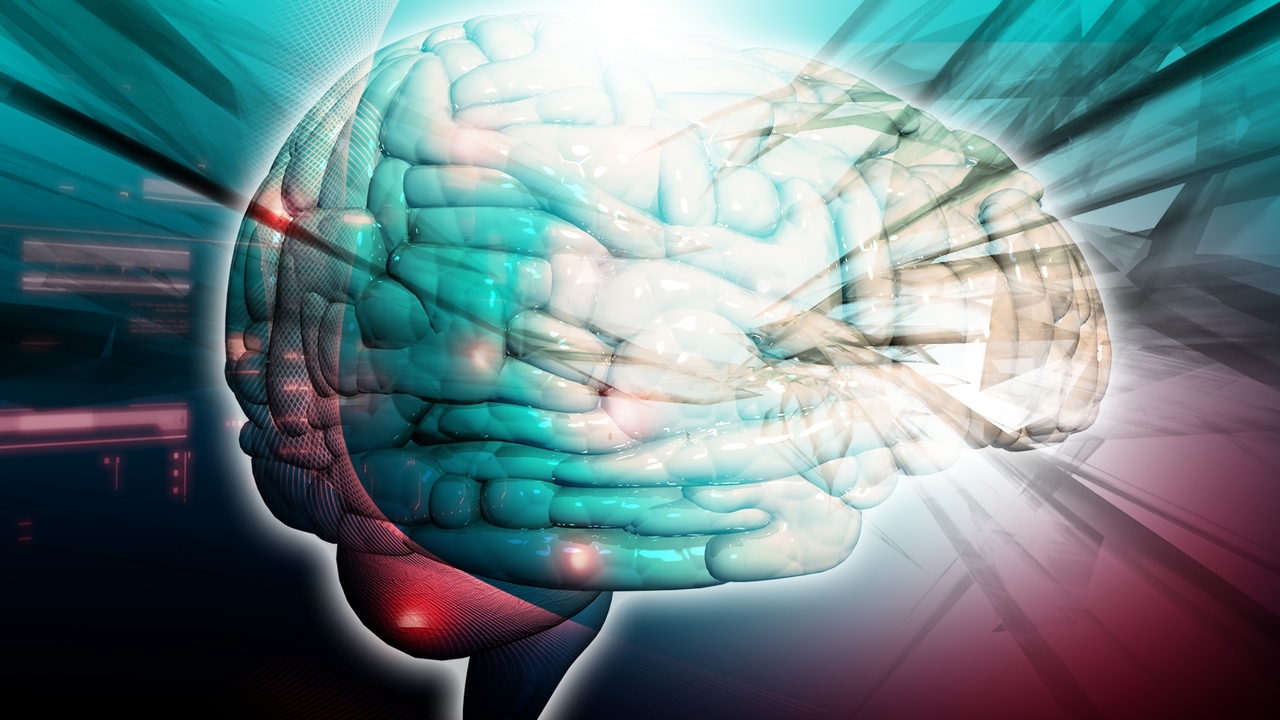 MonkeyBusiness Images/PhotoSpin
MonkeyBusiness Images/PhotoSpin
We all have moments when we struggle to find the right words or forget the name of someone we just met.
But if spoken words suddenly sound like gibberish or if the names of familiar objects are suddenly unavailable when we speak, that lost ability to communicate may be a symptom of a much more serious problem.
Aphasia is a condition that can make communication difficult or impossible. Aphasia occurs when the part of the brain that controls language is damaged. Language difficulties may include speaking, listening, reading or writing.
While people with aphasia struggle with one or more aspect of communication, it is important to remember that this impairment is not a sign of mental illness or decreased intelligence.
Aphasia is a disconnect that prevents the active, functioning brain from communicating through one or more means.
Most people with aphasia experience brain injury to the left side of the brain. The left hemisphere is the half of the brain which is responsible for the majority of language functions, including speaking and understanding what you hear.
The left side of the brain also retrieves information from memory, which includes finding the right word when you speak. Which aspect of communication is affected by aphasia is determined by the precise location of the injury within the left hemisphere.
The most common cause of aphasia is stroke. The National Aphasia Association estimates that between 25 and 40 percent of stroke survivors have some degree of aphasia.
Other possible causes include traumatic brain injury, illnesses such as a brain tumor, dementia or other progressive neurological conditions.
Aphasia affects approximately 1-250 people. More than 100,000 people in the United States are diagnosed each year. It is more common than Parkinson’s disease, cerebral palsy or muscular dystrophy.
Aphasia is more common in older people. But anyone who suffers a brain injury can develop aphasia at any age.
Aphasia is often a symptom of a serious medical problem. Get emergency medical care immediately if you suddenly develop symptoms of aphasia, including trouble speaking or understanding speech, difficulty finding the right words, or unusual difficulty with reading or writing.
Sources:
American Speech-Language-Hearing Association. Aphasia. Web. April 8, 2014.
http://www.asha.org/public/speech/disorders/aphasia.htm#causes
National Aphasia Association. Aphasia FAQ. Web. April 8, 2014.
https://www.aphasia.org/content/aphasia-faq
Mayo Clinic. Aphasia. Web. April 8, 2014.
http://www.mayoclinic.org/diseases-conditions/aphasia/basics/symptoms/co...
LiveSicence. What’s the Difference Between the Right Brain and Left Brain? Remy Melina. Web. April 8, 2014.
http://www.livescience.com/32935-whats-the-difference-between-the-right-...
Reviewed April 9, 2014
by Michele Blacksberg RN
Edited by Jody Smith






Add a CommentComments
There are no comments yet. Be the first one and get the conversation started!